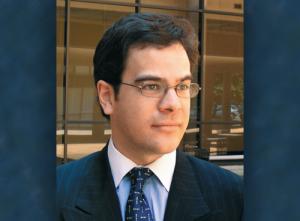What happens when economists and state regulators give up on electric restructuring?
It’s not to be taken lightly when several high-profile economists reverse themselves on electric competition—giving up on policies they had pushed for years. It’s also quite serious when regulators and legislators in pro-competitive states become willing to discuss a repeal of electric restructuring laws. And this flip-flopping has come from such bastions of free enterprise as the Cato Institute, MIT’s economics department, and the heretofore pro-competitive Ohio Public Utilities Commission (PUC).

These developments, seen over the fast few months, have set the industry buzzing. They portend an ideological retreat from the dream of competitive markets.
Even at the federal level, speculation persists whether FERC’s chairman and market champion Pat Wood III will be renominated to a second term (his first term expires June 30), or whether Wood’s push for regional competitive markets will end with him.
Nevertheless, experts point out that a clear winner of the overall restructuring policy debate is anything but assured. That’s why this debate is so intriguing, they say. What’s even more interesting is that all this criticism, coming as it does from theoretical economists, does not necessarily discredit the general notion of deregulation, as much as the model the regulators have chosen to implement competition.

